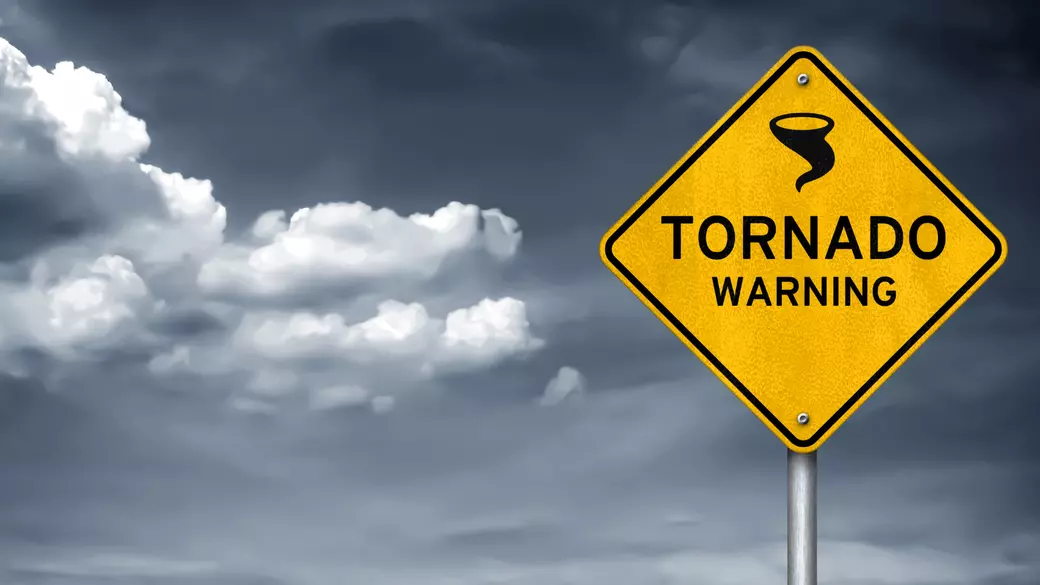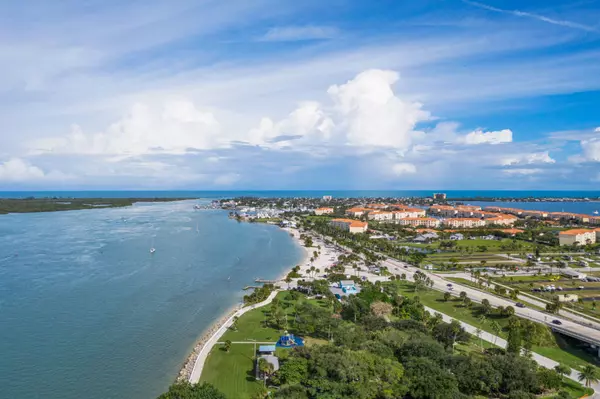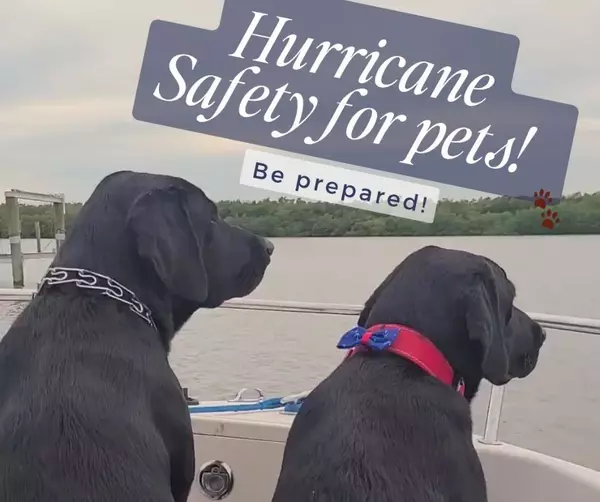Tornado Warnings in Port St Lucie!

This winter has been full of surprises! The temperature drops to the 40s at night, then almost up to 80° during the day... But a few weeks ago we were certainly caught off-guard when a series of storms came through the state producing several tornados. Check out the video of I-95 in the Tradition area of Port St Lucie! Northwest Florida wasn't so lucky.
This got me thinking... I don't know much about tornado preparation because I'm used to hurricanes rolling in with about a week's notice. Tornados develop LIKE THAT and you don't have time to react let alone prepare.
I put together this list of tips for tornado preparation because the only reference I have is the tornado drills we had in elementary school in which we were simply told to hide under our desks...
If you have anything to add, please let me know!!
Preparation:
-
Stay Informed: Keep track of weather forecasts and warnings. Listen to local news, use weather apps, or have a NOAA Weather Radio for up-to-date information.
-
Emergency Kit: Prepare an emergency kit with essentials such as non-perishable food, water, flashlight, batteries, first aid supplies, medications, important documents, and clothing.
-
Safe Room or Shelter: Identify a safe room in your home, preferably an interior room on the lowest floor without windows. Since we don't have basements in Florida, a small, windowless interior room or hallway on the lowest floor is a good alternative.
-
Practice Drills: Conduct tornado drills with your family so everyone knows where to go and what to do during a tornado warning.
-
Secure Outdoor Items: Bring in or secure outdoor furniture, toys, and other items that could become projectiles in high winds.
Safety during a Tornado:
-
Take Shelter Immediately: If a tornado warning is issued, don't wait. Take shelter immediately in your designated safe room or the lowest floor of a sturdy building.
-
Avoid Windows: Stay away from windows and doors. Flying debris is a common cause of injuries during tornadoes.
-
Protect Your Head and Neck: Use your arms to protect your head and neck. Consider wearing a helmet if one is available.
-
Listen to Updates: Keep listening to weather updates through a battery-powered weather radio or a smartphone to stay informed about the tornado's progress.
-
Mobile Homes: If you live in a mobile home, abandon it and seek sturdy shelter immediately. Mobile homes are highly vulnerable to tornadoes.
-
Avoid Bridges and Overpasses: Contrary to popular belief, seeking shelter under bridges or overpasses is not safe. Winds can become even more dangerous in these areas.
-
Stay Put: Once you are in a safe location, stay there until you receive an official "all clear" from authorities.
In addition, if you find yourself on the highway during a tornado, it's important to prioritize your safety. Here are some tips for dealing with tornadoes while on the highway:
-
Stay Informed: Pay attention to weather updates through your car radio or a weather app on your smartphone. If a tornado warning is issued for your location, take it seriously.
-
Avoid the Tornado's Path: If you can, try to drive at right angles to the tornado's path. Avoid driving directly into its path.
-
Seek Shelter: If possible, exit the highway and find a sturdy building to take shelter in. Gas stations, restaurants, or other businesses with basements or designated storm shelters are good options.
-
Don't Take Shelter Under Overpasses: Contrary to popular belief, seeking shelter under overpasses is not safe. The wind can become more turbulent, and debris can accumulate in these areas.
-
Stay in Your Vehicle: If you can't find suitable shelter, staying in your vehicle is generally safer than being outside. Park your car away from overpasses, bridges, and trees.
-
Keep Your Seatbelt On: Keep your seatbelt on to protect yourself in case your vehicle is impacted by strong winds or debris.
-
Duck Down: If you can't find shelter and a tornado is approaching, crouch down below the windows, cover your head with your hands, and use a blanket or jacket to protect against flying debris.
-
Avoid Stopping on the Roadway: Stopping on the highway can create traffic hazards. If you must stop due to poor visibility or other safety concerns, pull off the road as far as possible.
-
Stay Away from Overhead Signs and Lights: Tornado winds can cause damage to overhead signs and lights. Avoid stopping under them to reduce the risk of injury.
Stay safe out there!!
Categories
Recent Posts










